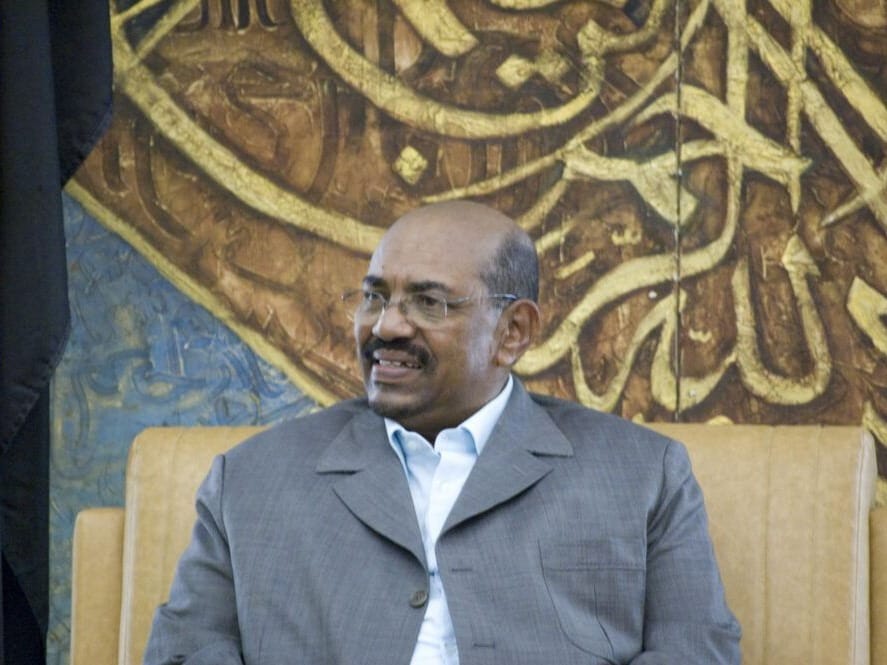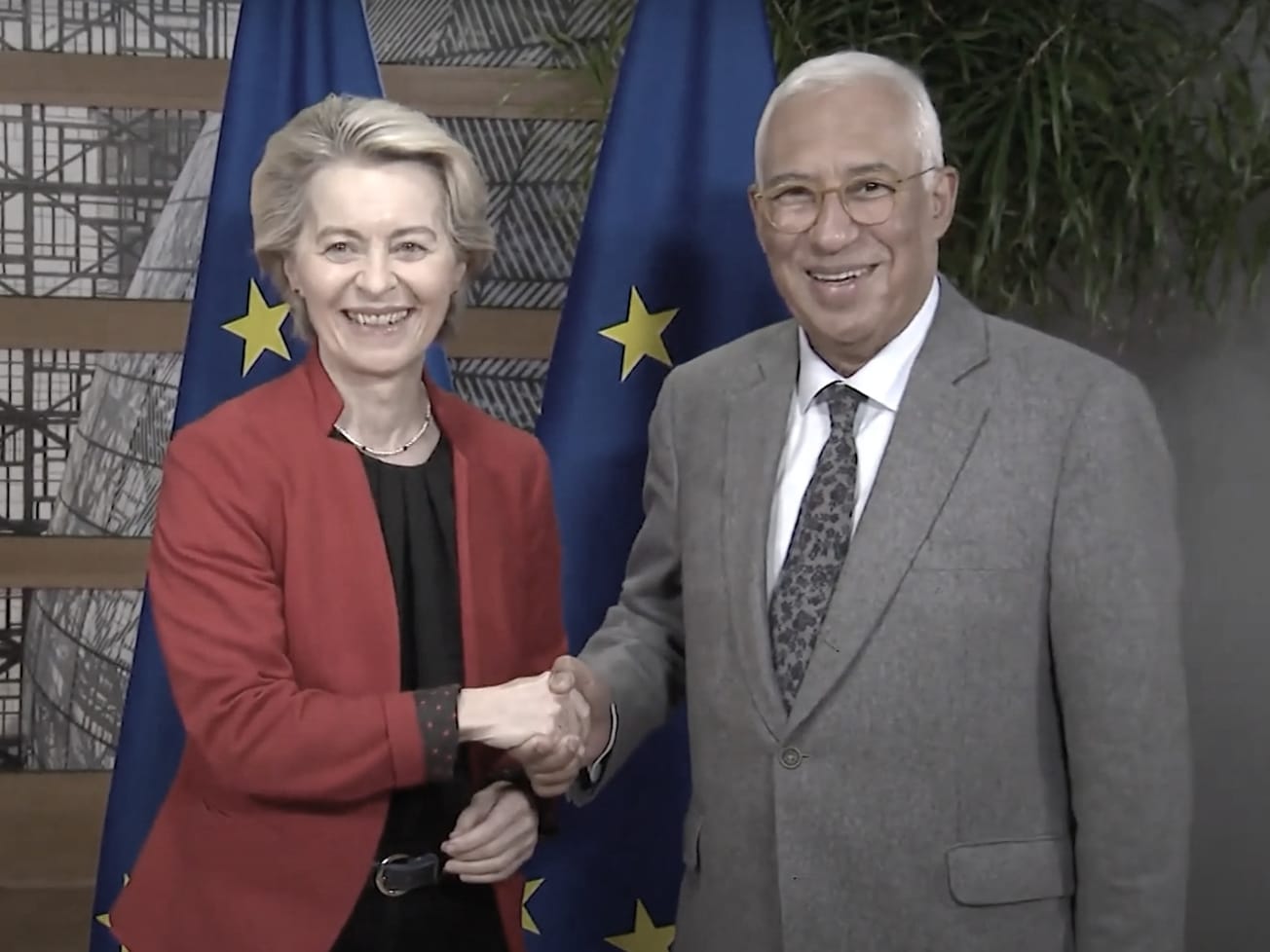Sudan's military ousted President Omar al-Bashir and put him under arrest, abruptly ending his 30-year authoritarian rule and triggering a possibility of bringing him to trial before the world's permanent war crimes tribunal.
Sudan's Defense Minister Awad Ibn Auf addressed the nation, announcing al-Bashir was arrested and declaring a state of emergency for three months. On state-run television, Ibn Auf said the constitution was suspended and a state of emergency was declared for the next three months.









